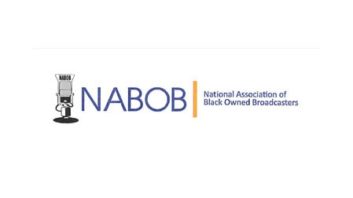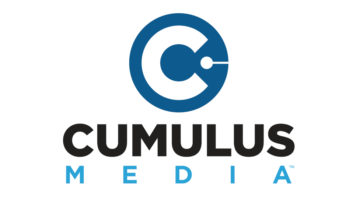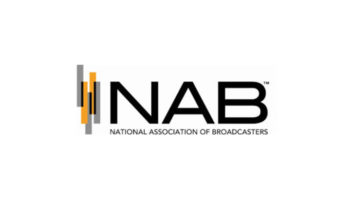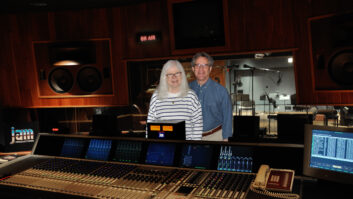 Don’t change the local radio ownership rules. That’s the plea from the National Association of Black Owned Broadcasters.
Don’t change the local radio ownership rules. That’s the plea from the National Association of Black Owned Broadcasters.
Jim Winston, president of NABOB, said, “The reasons given for eliminating or radically relaxing the commission’s local radio ownership rule are not adequate to justify increased consolidation of ownership in local radio markets. The AM radio industry would be greatly injured by the proposals that have been put forth. We are pleased to see iHeartMedia and other companies rejecting these proposals.”
The association is thus at odds on this issue with the National Association of Broadcasters, which has pushed the commission to raise or eliminate the caps.
[Related: “Give Us Subcap Relief, NAB Again Tells FCC”]
NABOB filed comments in the FCC’s 2018 quadrennial review of its broadcast ownership rules.
“Any change in the local radio ownership rule to allow increased consolidation will have a significant negative impact on African Americans and other minority station owners and entrepreneurs,” NABOB wrote.
“Any elimination or relaxation of the subcaps rule would be particularly damaging for the AM radio industry as a whole, in addition to being damaging to African American AM station owners.”
The organization said that ownership of broadcast radio and TV stations has been “in steady decline” since Congress repealed the minority tax certificate policy in 1995, the Supreme Court decided the Adarand case in 1995 and Congress passed the Telecommunications Act of 1996.
“The proponents of elimination or relaxation of the subcaps rule have put forth justifications for these rule changes that are not supported by the facts. Advertisers are unlikely to shift dollars away from Facebook, Google and other internet companies to broadcast media. Advertisers recognize that the two media deliver audiences in very different ways. Advertisers seeking to buy radio can buy it now regardless of who owns the stations.”







